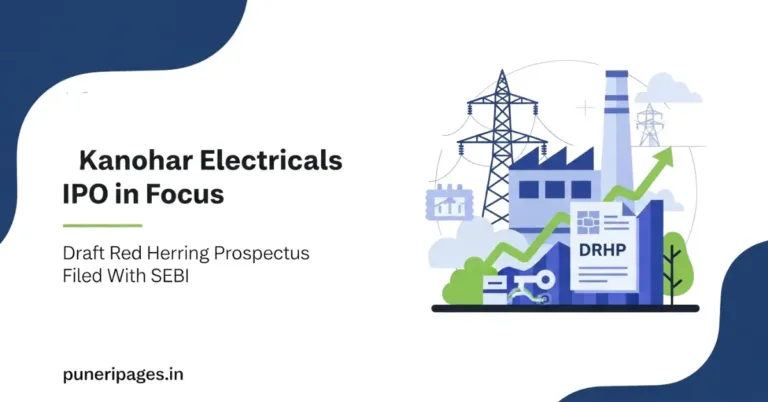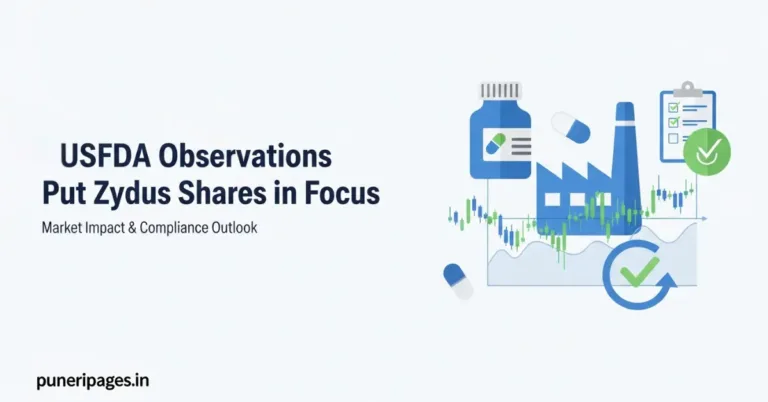
Google fixes Pixel 9 lag just in time — is Pixel 10 the real target? Read the full breakdown on puneripages.in
By Prashant for PuneriPages.in
Picture this: You check your inbox and there it is—an email from Mark Zuckerberg. Not a recruiter. Not a team lead. The guy himself. He’s offering you millions. Access to a cutting-edge AI lab. A fast-track to the top of Meta’s AI game.
And yet, a surprising number of the world’s top AI researchers are replying with a polite “no.”
This story isn’t just about one tech titan trying to outbid another. It’s about a deeper shift happening in Silicon Valley—where mission is beating money, and even billionaires are hitting walls they can’t bulldoze through.
Table of Contents
Zuck, the Head Hunter-in-Chief
So here’s what went down: According to the Wall Street Journal, Zuckerberg has been personally emailing top researchers at Google DeepMind, trying to recruit them to Meta. We’re talking about compensation offers in the tens of millions. This isn’t business as usual. CEOs don’t typically play recruiter.
But the fact that Zuck is doing this tells us something big: Meta knows it’s behind. OpenAI, Google, and Anthropic have been stealing the spotlight. Meta, while not totally out of the race, is playing catch-up.
And Zuck knows it. Hence the Hail Mary passes straight to DeepMind’s inboxes.
Only problem? Most of those emails are getting turned down.
Why Meta’s Millions Aren’t Working
Let’s be clear—this isn’t about pay. Everyone in this game is rich. The real question is: What are they working for?
- Mission vs. Product
DeepMind has always pitched itself as more than just a lab—it’s a mission-driven effort to crack intelligence itself and use it for the good of humanity. It’s a modern-day Bell Labs with an ethical twist. Meta? It’s a product company. And the AI it builds tends to end up powering ads or keeping you scrolling.
To a researcher dreaming of building AGI or unlocking new science, that’s a dealbreaker.
- Freedom to Think vs. Pressure to Ship
DeepMind gives its scientists room to publish, explore, wander intellectually. Meta—despite its FAIR lab and Llama models—still feels like a company where the research eventually needs to plug into Instagram or Threads.
When you’re a top-tier AI researcher, you’re not just coding. You’re shaping the frontier. And you want the space to do that on your terms.
- Who You Work For Matters
Demis Hassabis, DeepMind’s co-founder, is one of them—a scientist, a thinker, someone who shares their values. Zuckerberg? A genius in his own right, but a product builder first. For researchers, that cultural mismatch is hard to ignore.
What This Really Says About Meta
Zuck jumping into the trenches of talent recruiting is a sign of urgency. Meta knows that models alone won’t win the AI race. Reputation, research culture, and credibility matter more than ever.
And that’s where Meta is struggling. It’s not that they don’t have talent—they do. But the perception in the AI community is that Meta is where your research goes to get productized. Fast.
Culture, not cash, is the real bottleneck here.
Big Picture: A New Era in Silicon Valley
- Brains Are the New Bitcoin
Forget data. Forget GPUs. The scarcest asset in tech right now? Minds. The few researchers who can actually move the needle on AGI are more valuable than ever. And they know it.
- AI Scientists = Rockstars
It used to be that coders were kings. Then came product managers. Now? It’s the AI scientists calling the shots. They get emails from CEOs. They get autonomy. They get leverage.
The tables have turned—and researchers are finally in the driver’s seat.
Final Thoughts: The Limits of the Wallet
Zuckerberg’s failed recruiting blitz is more than a headline. It’s a lesson.
In this new world of AI, you can’t just throw money at the problem. You need vision. You need trust. You need a culture that the best people want to be part of.
Until Meta figures that out, even a direct line to Zuck might not be enough to seal the deal.






